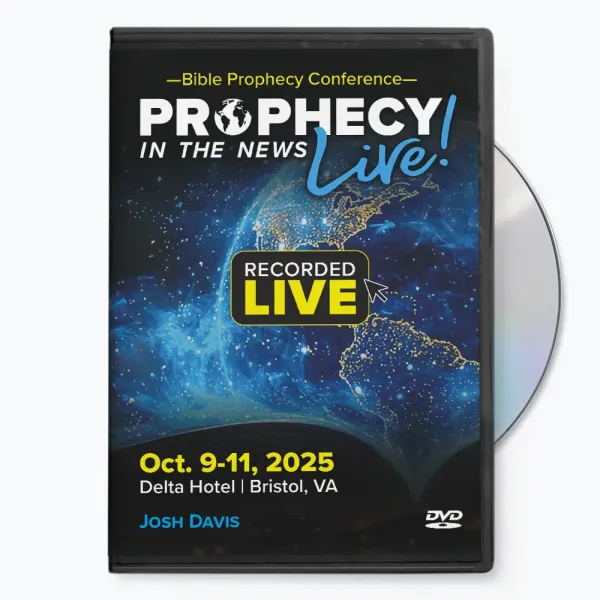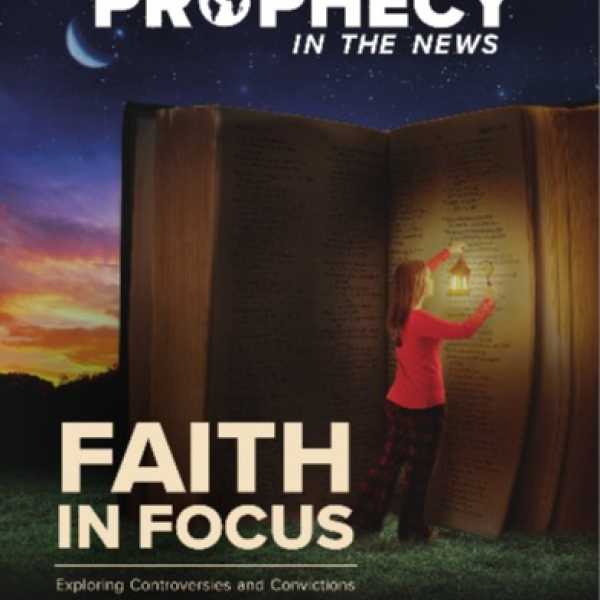Rapture Anxiety
$20.00
In stock
Afraid of Being Left Behind? Discover Peace Amid Prophetic Chaos
- SKU: X1674
- Categories: DVDs, Joshua R. Davis
Have you ever feared you missed the rapture? Felt a surge of panic when you couldn’t find a loved one? You’re not alone. In a world overwhelmed by evil, uncertainty, and global unrest, many experience what’s now called rapture anxiety—but it doesn’t have to be this way.
In Rapture Anxiety, Josh Davis uncovers the root causes of this fear and reveals how a misunderstanding of the Gospel fuels it. More importantly, he turns to the timeless truths of Scripture to offer powerful, practical cures for living in peace—even in the last days.
This isn’t about fear. It’s about faith.
You can face the future with confidence—because Jesus brings clarity, not confusion.
Let God’s Word replace panic with peace. Order Rapture Anxiety now and experience freedom like never before.
- Author: Josh Davis
- Binding / Format: DVD
You may also like

















